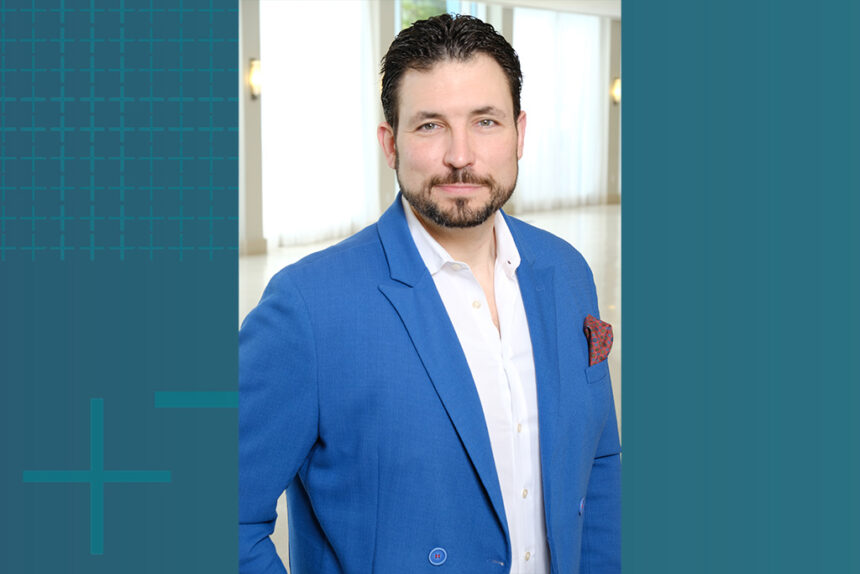Steve Silvestro
President
OptimizeRx
Most leaders of health-adjacent organizations have an origin story that explains their passion for improving the healthcare system. Even by that standard, OptimizeRx’s Steve Silvestro and his family have endured a lot. Here, he shares the challenges of navigating a broken system, as well as the rewards of mentorship and the catharsis that comes with restoring classic cars.
How have family health experiences shaped your career?
It started with my youngest sister, who was born with arthrogryposis, which is a condition where all the muscles in the body contract at once. For a lot of the first eight years of her life, she was at Boston Children’s Hospital. She underwent 26 surgeries. My brother and I were basically raised by my grandparents from Italy, because my father was working overseas and my mom was living across the street from the hospital. At that point, I knew I wanted to be involved in medicine, because I was seeing my sister and parents drown in a sea of non-answers and bills. By the way, my sister is a high-achiever and married with two kids. She’s my hero.
How about your own experiences?
I’m a cancer survivor of over 10 years now. I lived the experience of going to a physician with an unknown ailment and the moment of “I’m sorry, you have cancer.” I went on that journey of getting good care and being a patient in a world-class hospital, but also seeing the deficiencies of communication that exist in that system. The disconnects and the inherent lack of trust you see as a patient, it’s terrifying. I’d been involved in healthcare my entire career, but that’s not something you see unless you’re sitting in the patient’s chair.
Then you experienced it from a different perspective when your father was diagnosed.
He also had an immune condition, so he was seeing an immunologist and neurologist. When he went to see the oncologist — in the same hospital but a different building two blocks away — he was put on an immuno-therapy. We eventually found out that the immuno-therapy was counteracting his immuno-suppressants. Also, the neurologist could only see what was in the neurology EMR system. We were relying on me bringing CD-ROMs by hand two blocks up and two blocks down. That’s just totally unacceptable. We can do better than that.
How did all of this reframe your professional mission?
It created a real urgency. Time to therapy and time to diagnosis are the two most important things when you’re fighting that cancer battle. What we do here is all about addressing the timeliness of that engagement: The physician receives appropriate information at the right time, same as the patient.
What are the most rewarding parts of your job?
When you go to bed at night, you don’t think about the numbers you hit or the quarters you crushed. You think about the individuals you were able to help. It’s worth the time to invest in young people and it pays off in dividends. There’s nothing better than getting a note that says, “Thanks, you really helped me grow.”
What’s something your colleagues don’t know about you?
They know a lot about me because they invade my privacy every day (laughs). I’m active in my church as an ecclesiastical leader. I’m kind of an open book, and that’s deliberate. So much of what we do is based around trust.
What’s your favorite hobby?
I restore cars. I grew up under the hood of old cars, which is what immigrant families do. “Here’s a wrench, go figure it out.” I do it just for fun; I don’t try to monetize it. It’s cathartic and therapeutic for me.
What was your favorite restoration project?
I restored a 1988 Ferrari 328 GTS, which is a Magnum, P.I.-like car, bolt by bolt. Old cars are completely analog and quirky — there’s no power steering, no power brakes, no power anything. There’s beauty in the simplicity of these old cars. Restoring them is a sacred trust; you’re almost like a steward.
What do you plan to do when you retire?
I’d like to live in a country where we can give back, which would probably be a three-year commitment. My kids are college-aged and cranking along, so hopefully grandkids will come along. I’m quite sure their mom will push them on that (laughs).
From the April 01, 2024 Issue of MM+M - Medical Marketing and Media







